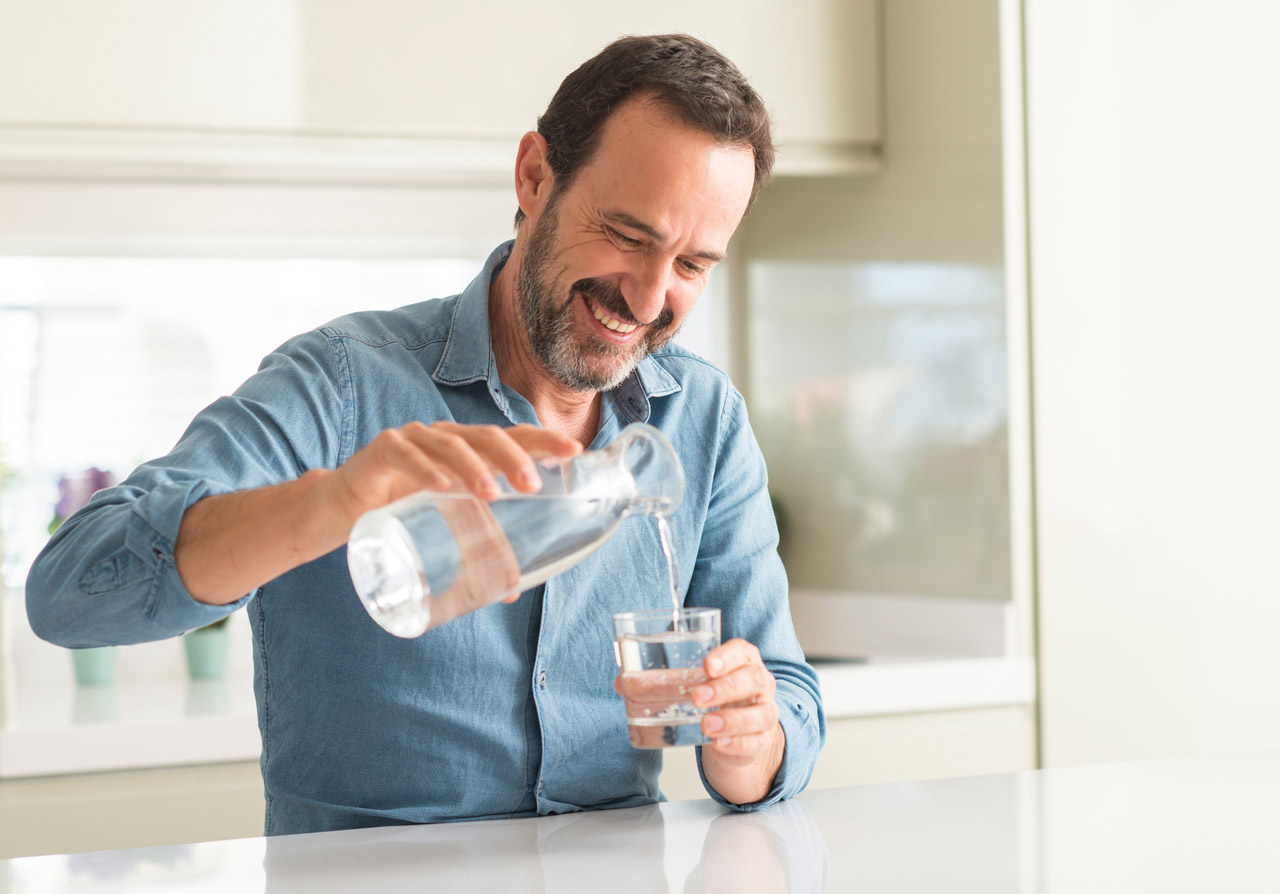“With harm reduction therapy, the goal is specific to what the individual sees as an issue,” says Sarah Carstens, LCSW, LCADC, Addictions Clinical Director at Penn Medicine Princeton House Behavioral Health. “The process is very patient-centered, so we work collaboratively with patients to help them minimize risks and the negative impacts they have experienced, while identifying and focusing on personal goals.”
Examples, says Carstens, include changes in behavior to only drink alcohol at home, not drink and drive, or eat before having a drink in order to reduce the effects of alcohol.
An Alternate Treatment
While abstinence is what most people think of when they consider substance abuse treatment, harm reduction therapy offers a more attainable approach for some people. It can also be invaluable to individuals who might experience serious medical problems if they withdraw from drugs or alcohol too quickly.* By meeting individuals where they are in the recovery process, harm reduction therapy can increase an individual’s chances of meeting their goals. For some, this may be the first step toward abstinence, while for others a modification of behavior may be enough.
“This can be a stepping stone, allowing a patient to take one small step at a time, while actively minimizing the impact substance abuse is having on their life,” says Carstens. “Abstinence may seem insurmountable all at once, but with small steps it can be achieved if that is the goal.”
Princeton House has been incorporating harm reduction therapy into individual and group therapy programs for some time, helping patients set and reach attainable goals, and the treatment model is generally covered by insurance.
*Withdrawal from alcohol and benzodiazepines requires inpatient medical supervision, which is available through Princeton House Behavioral Health’s Inpatient Program.
For more information about substance use disorder treatment or withdrawal management (detox), call 1.888.437.1610, or visit PrincetonHouse.org.

